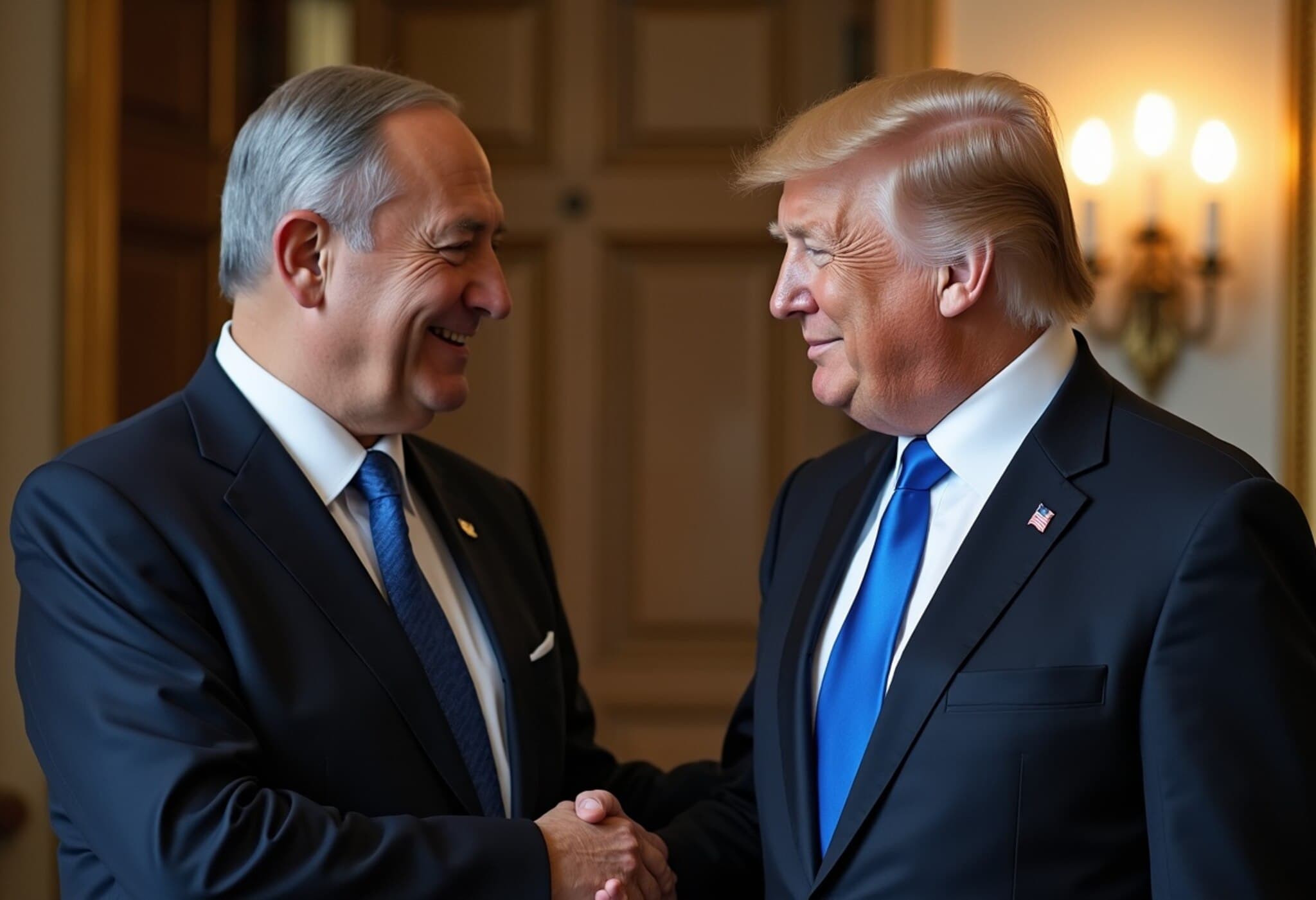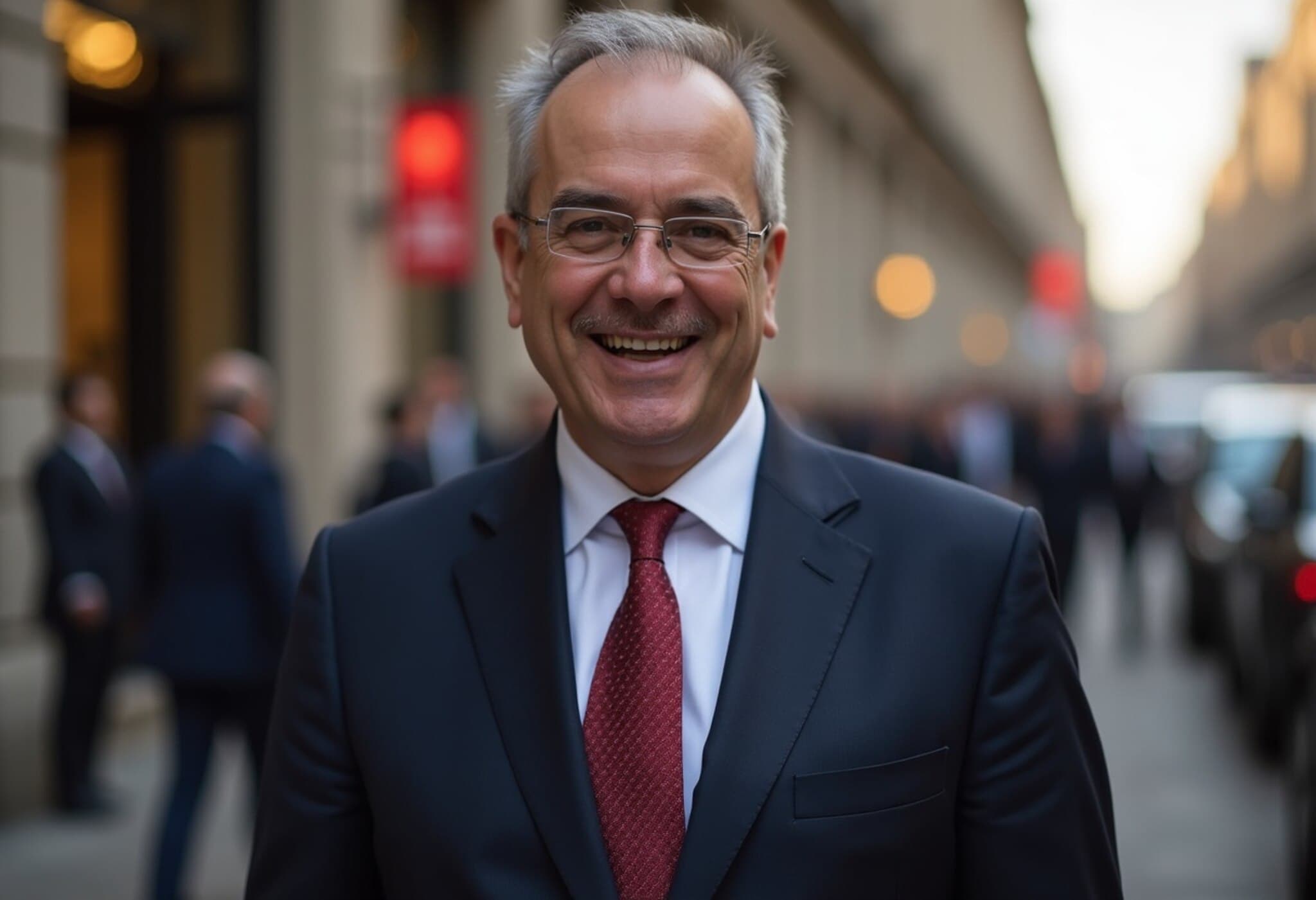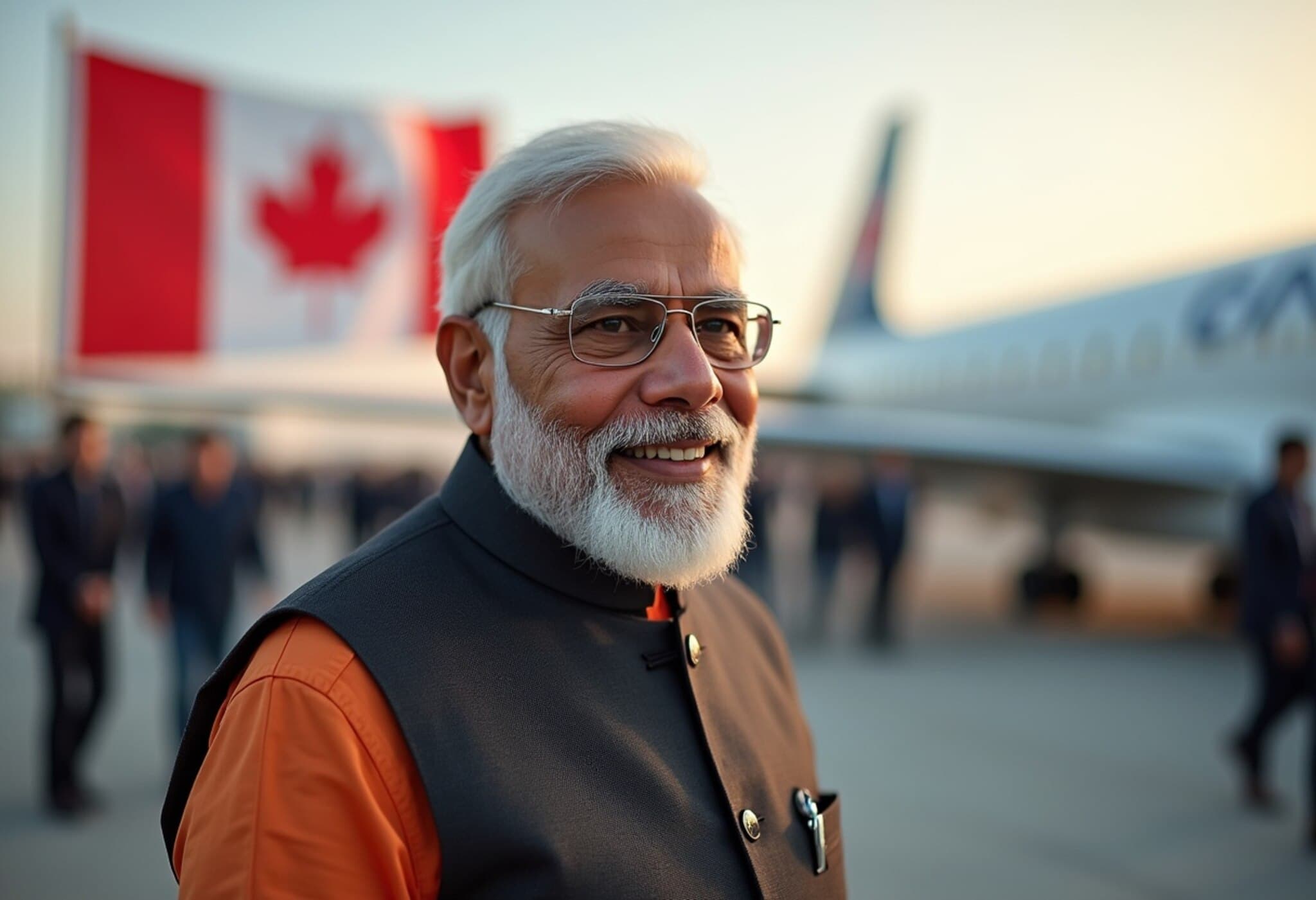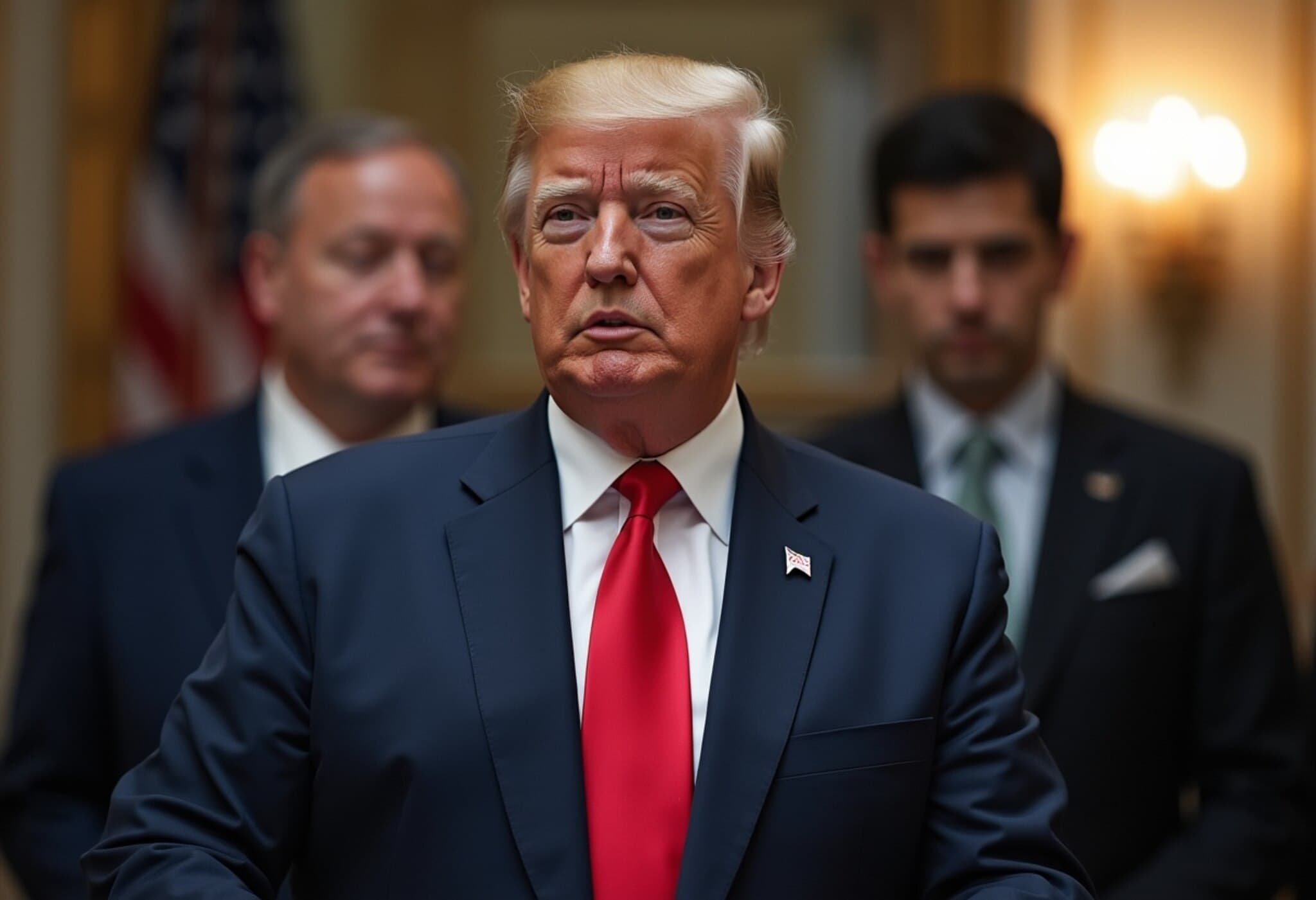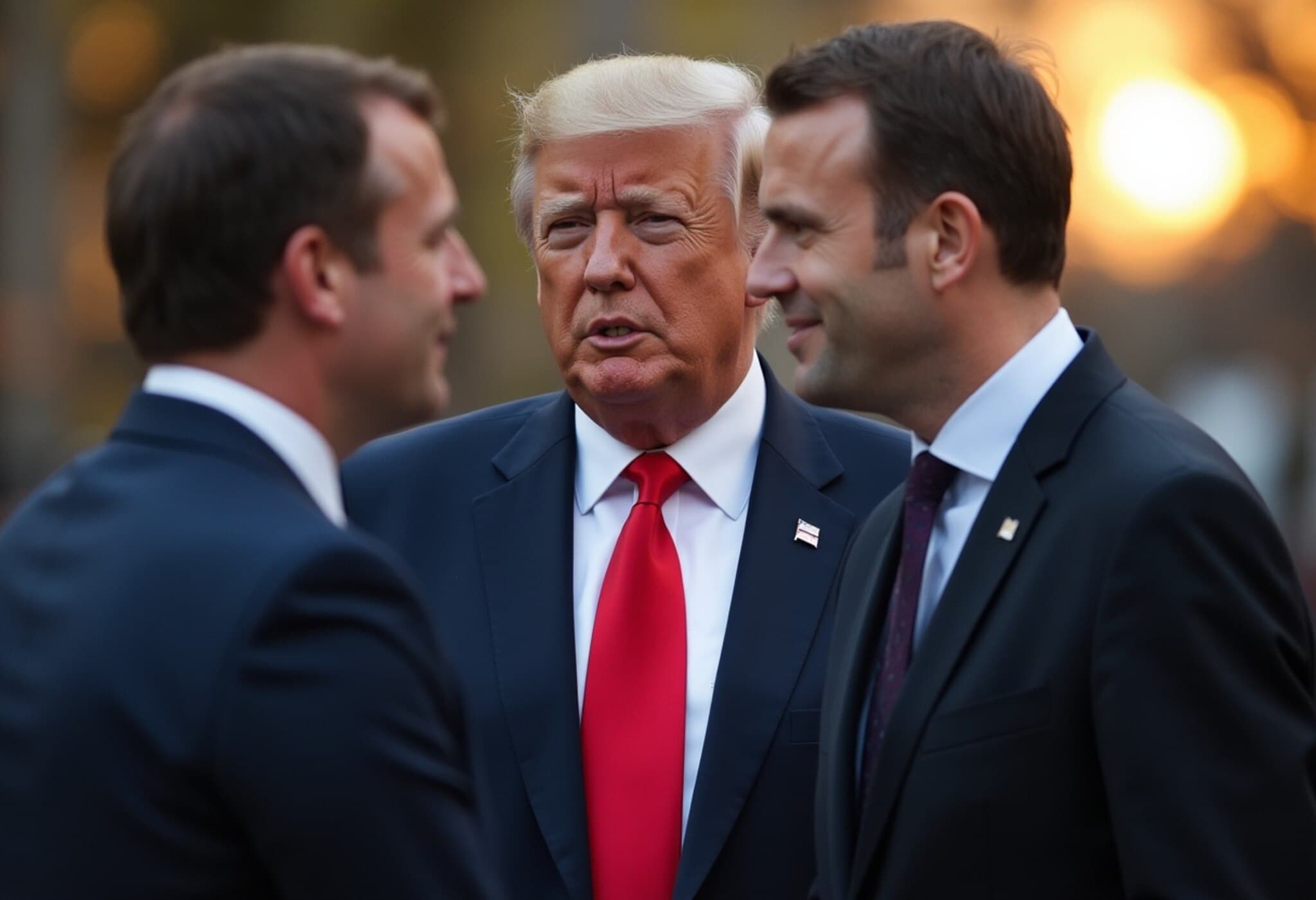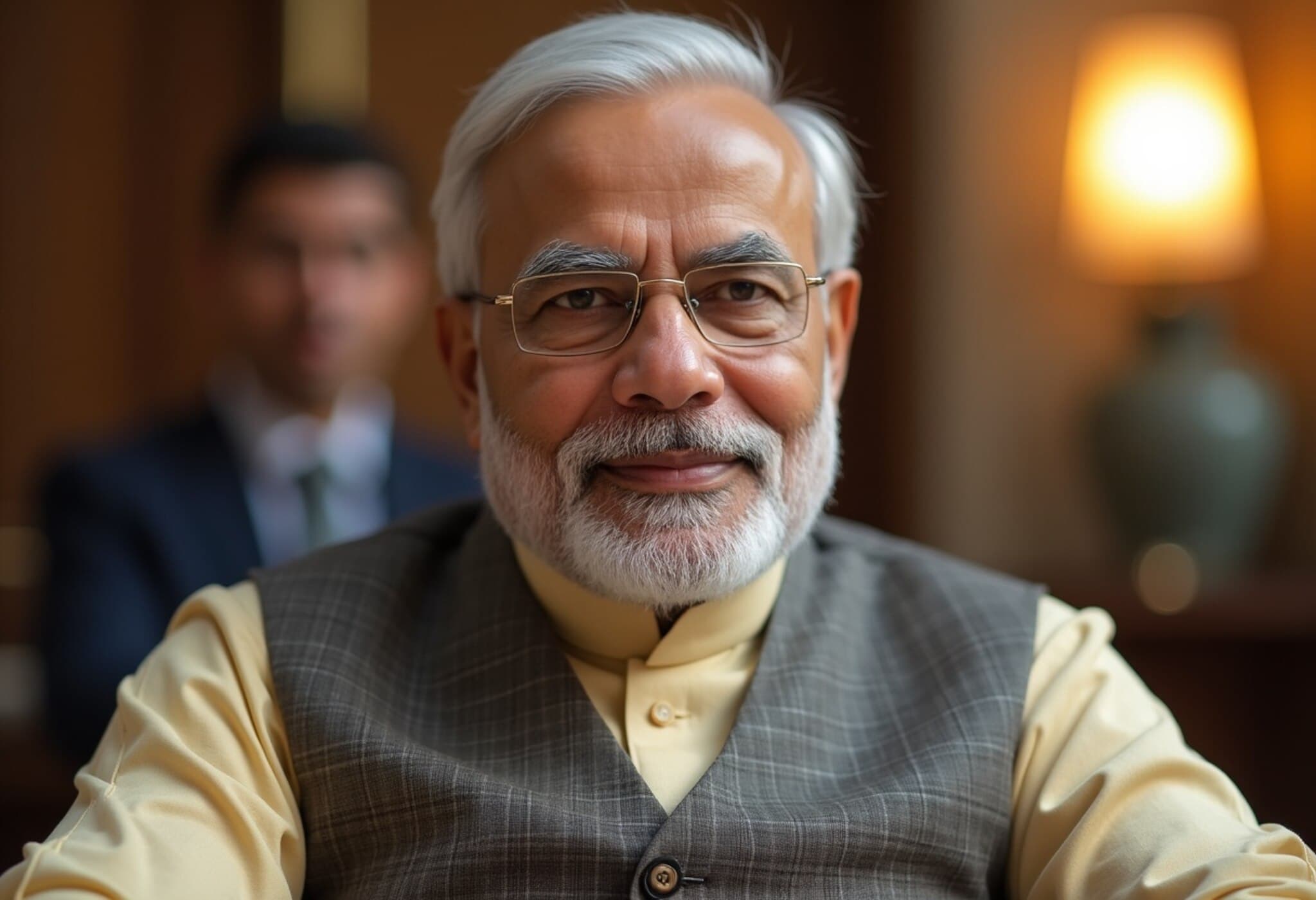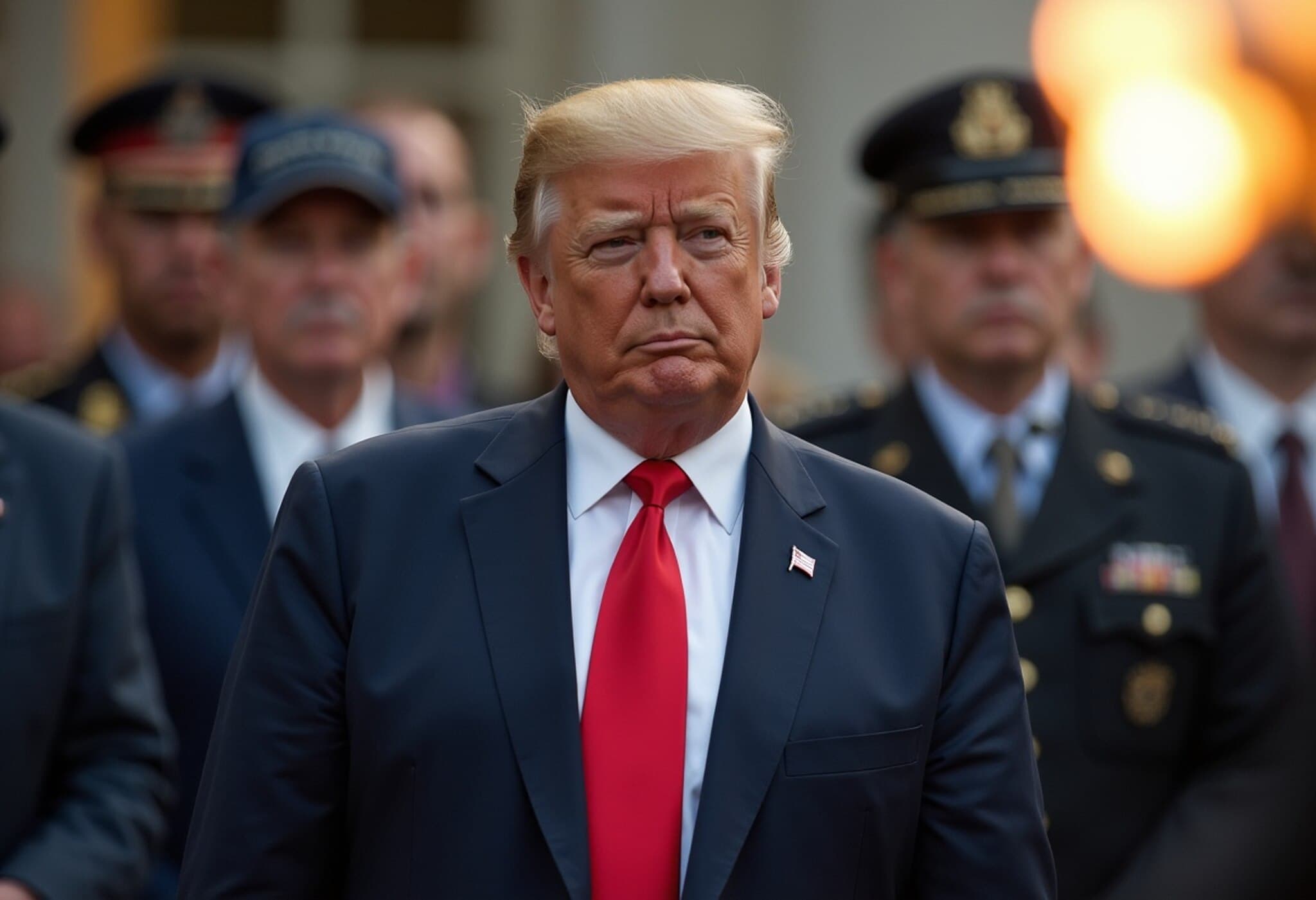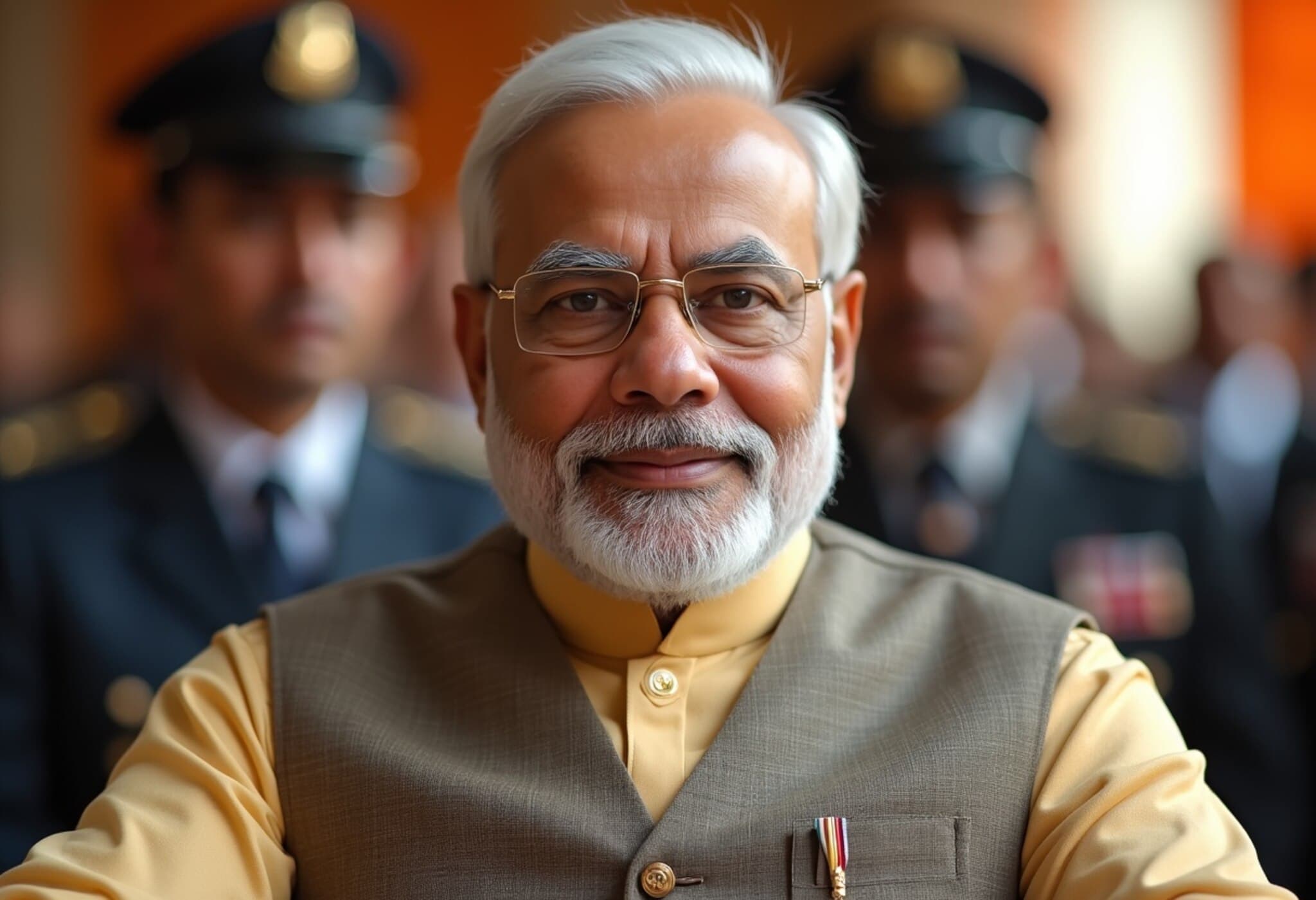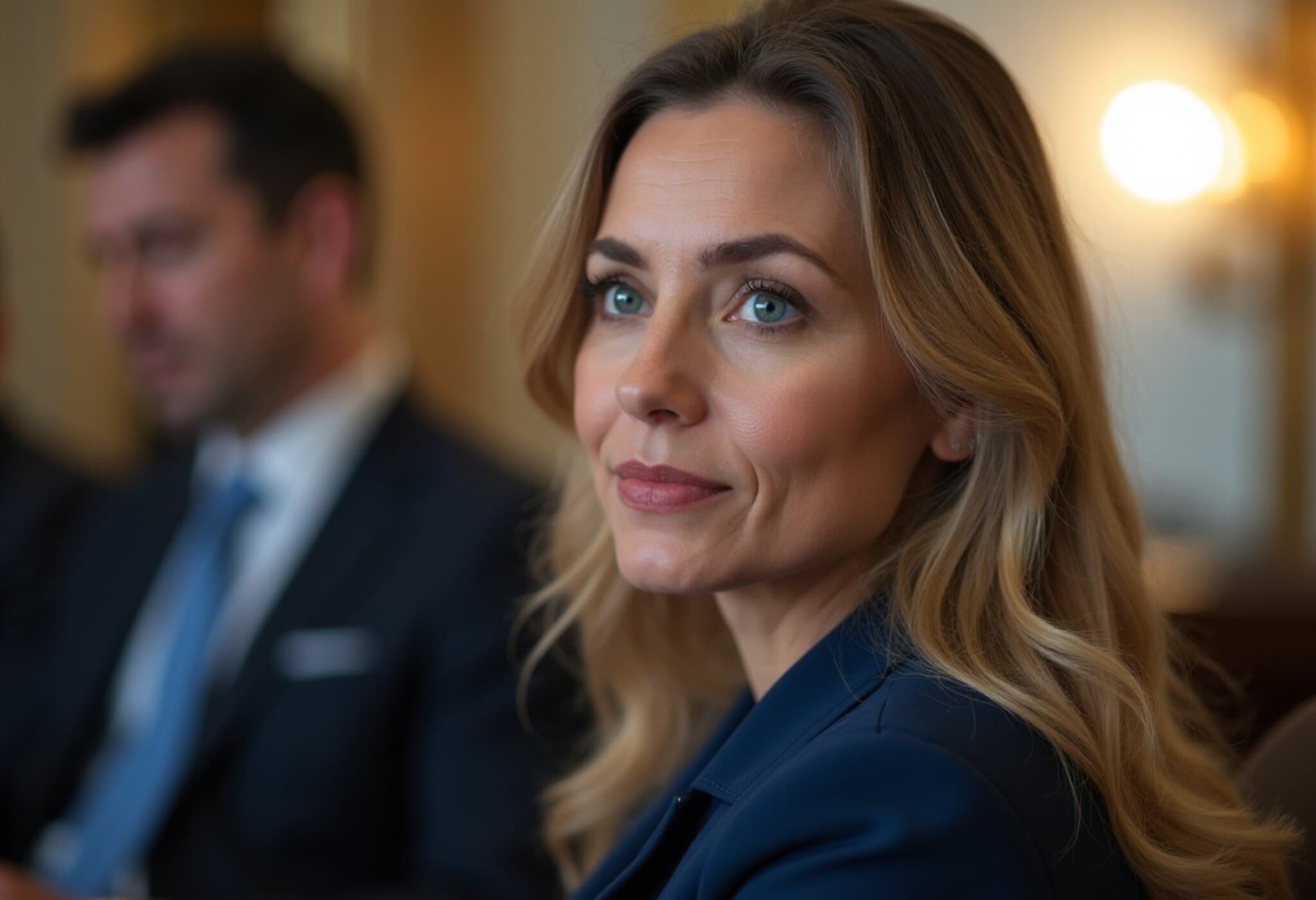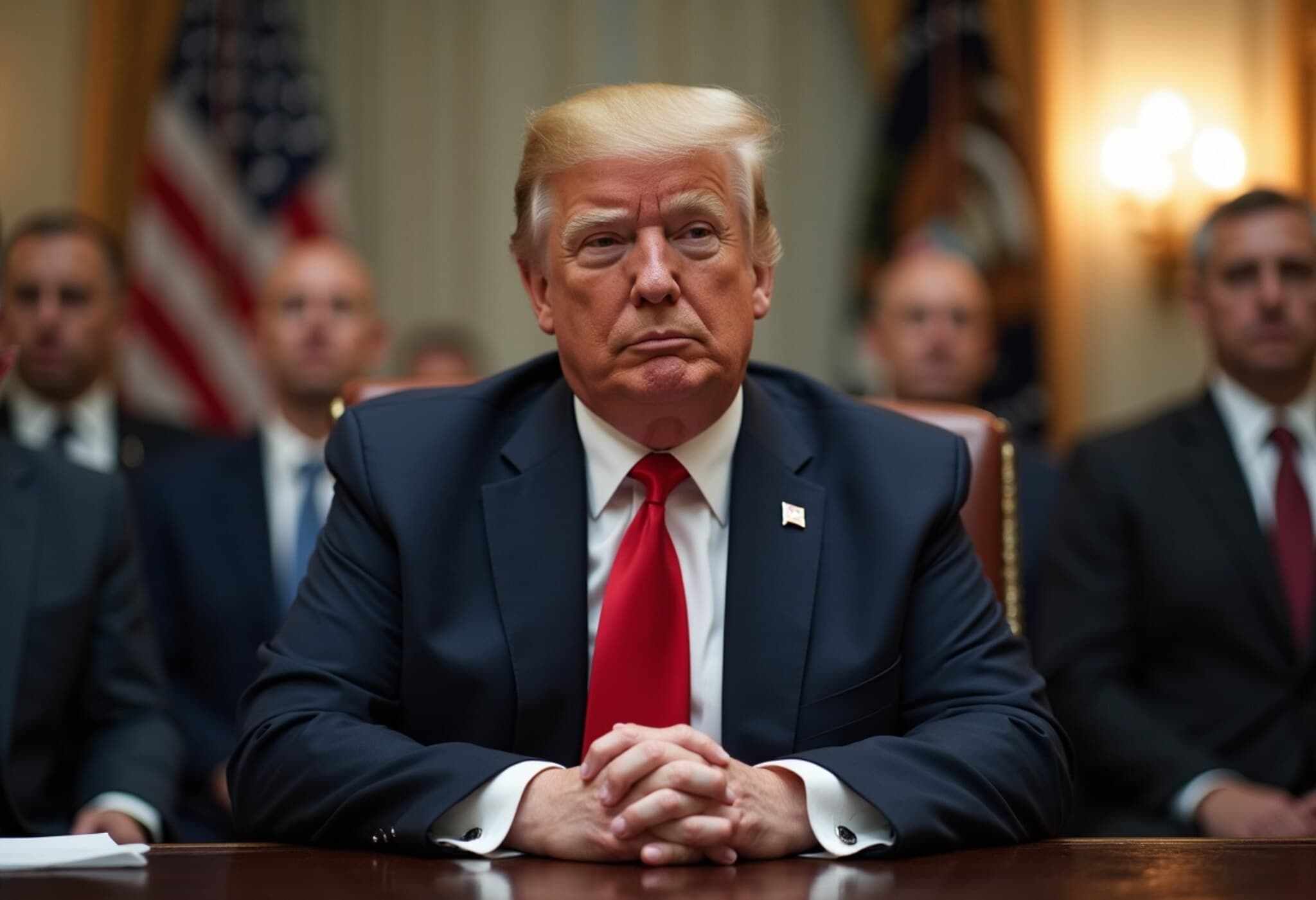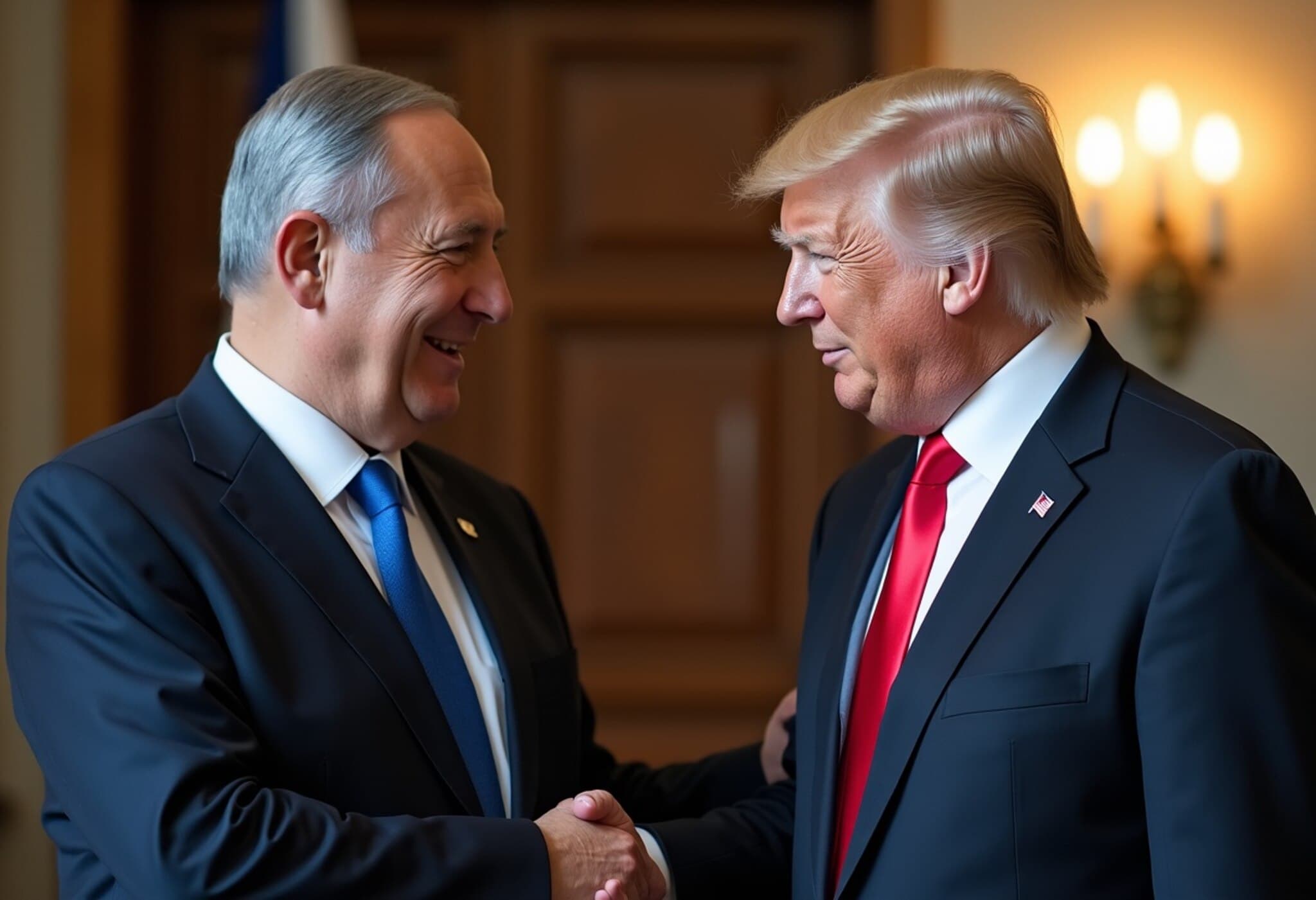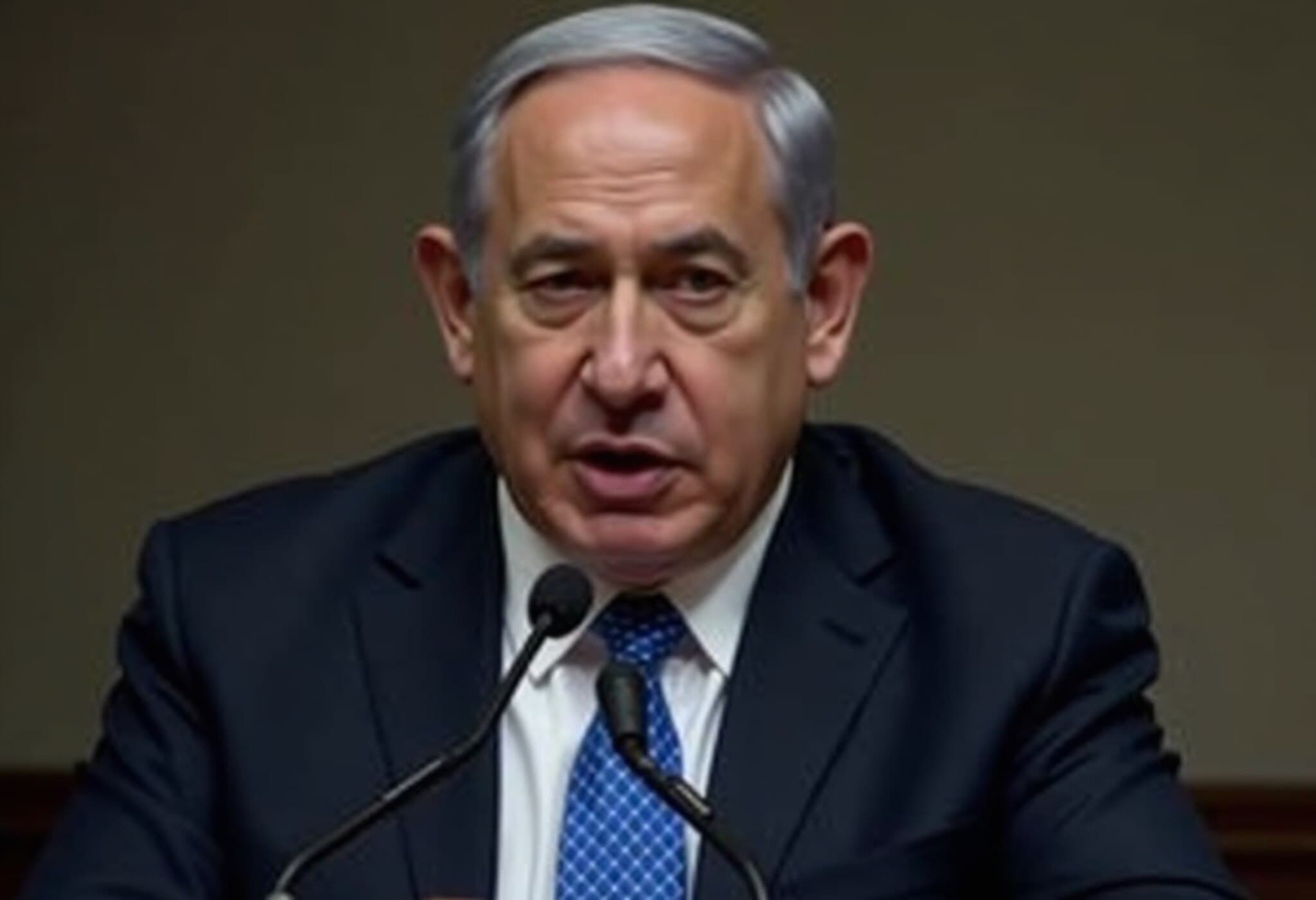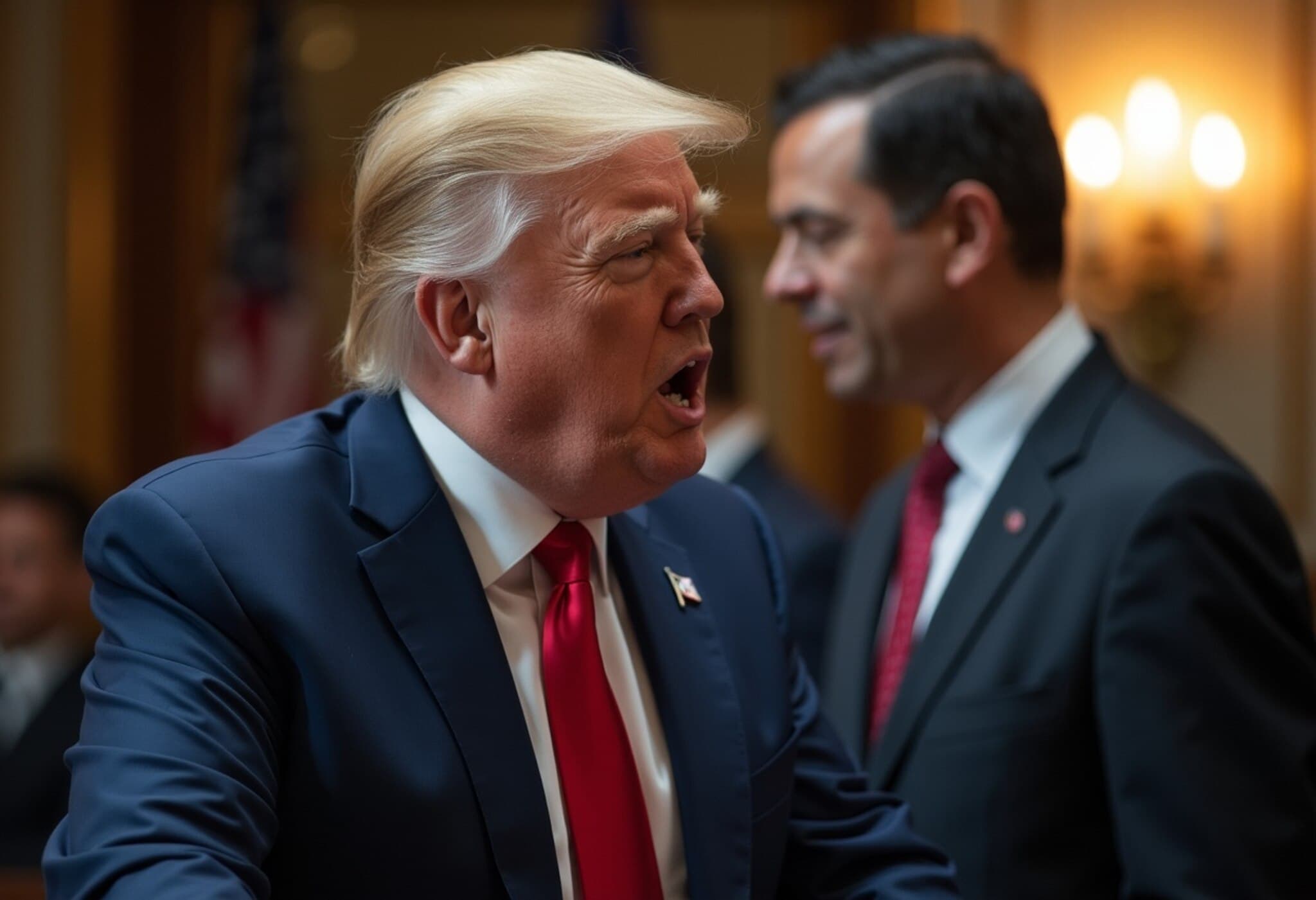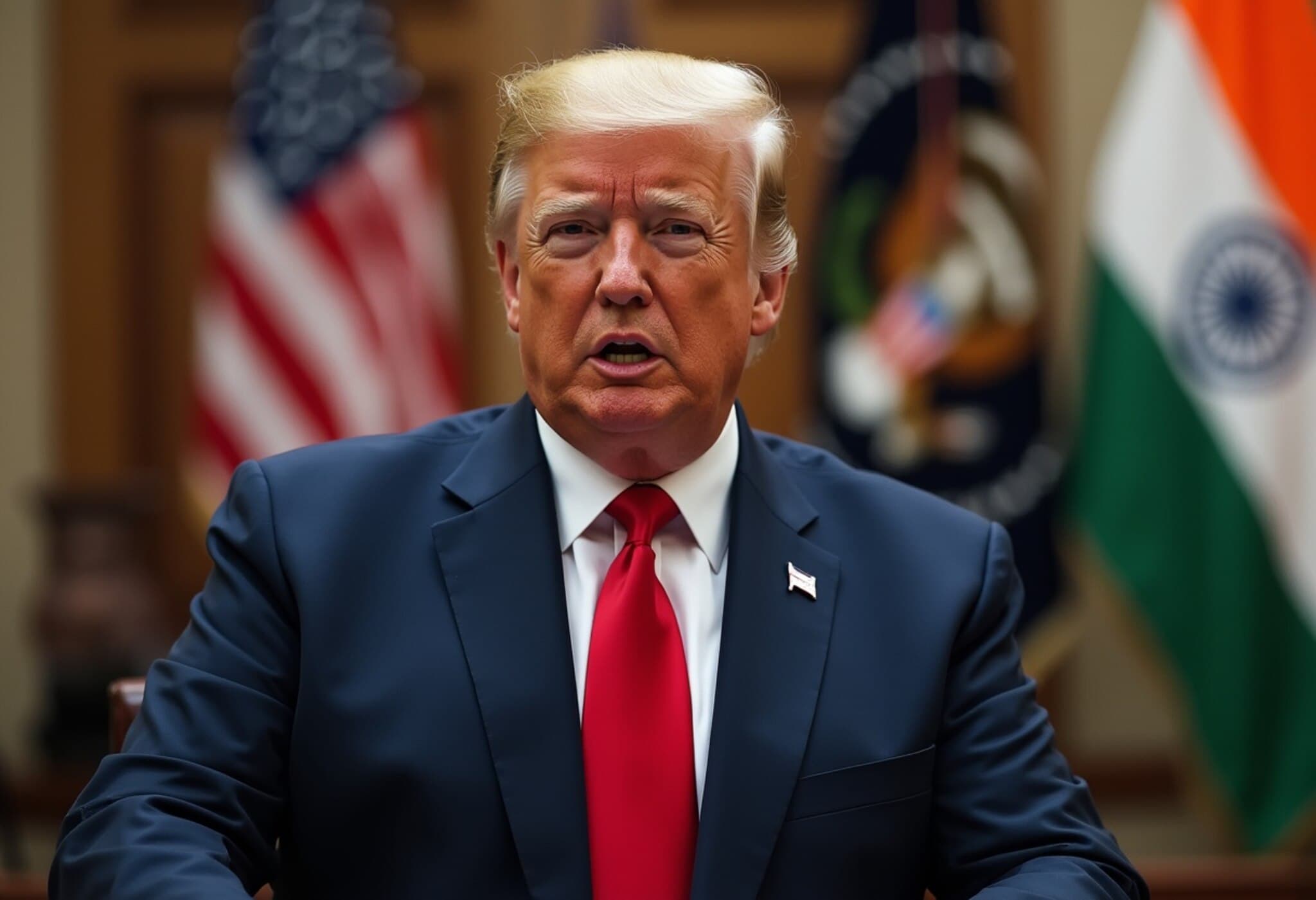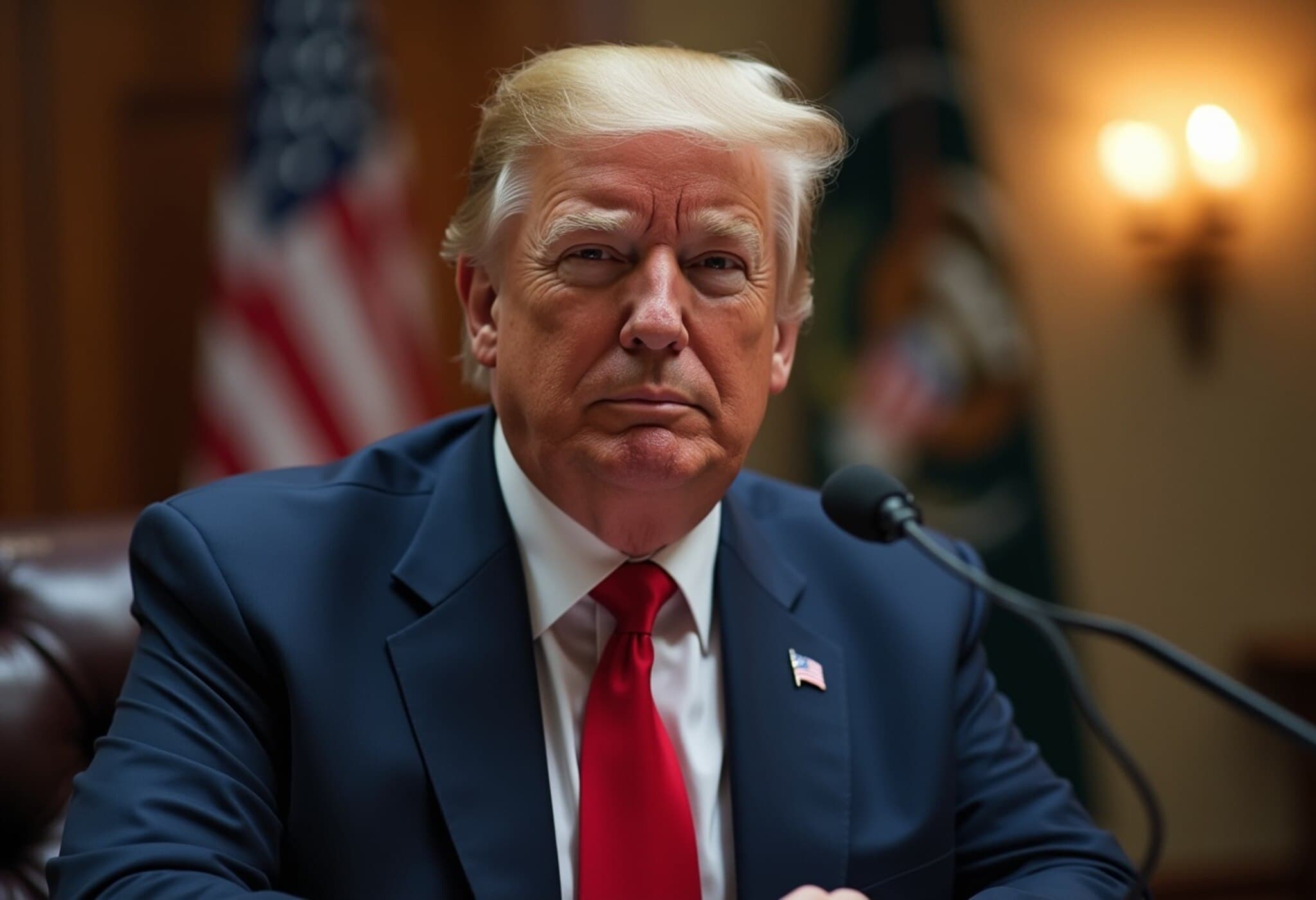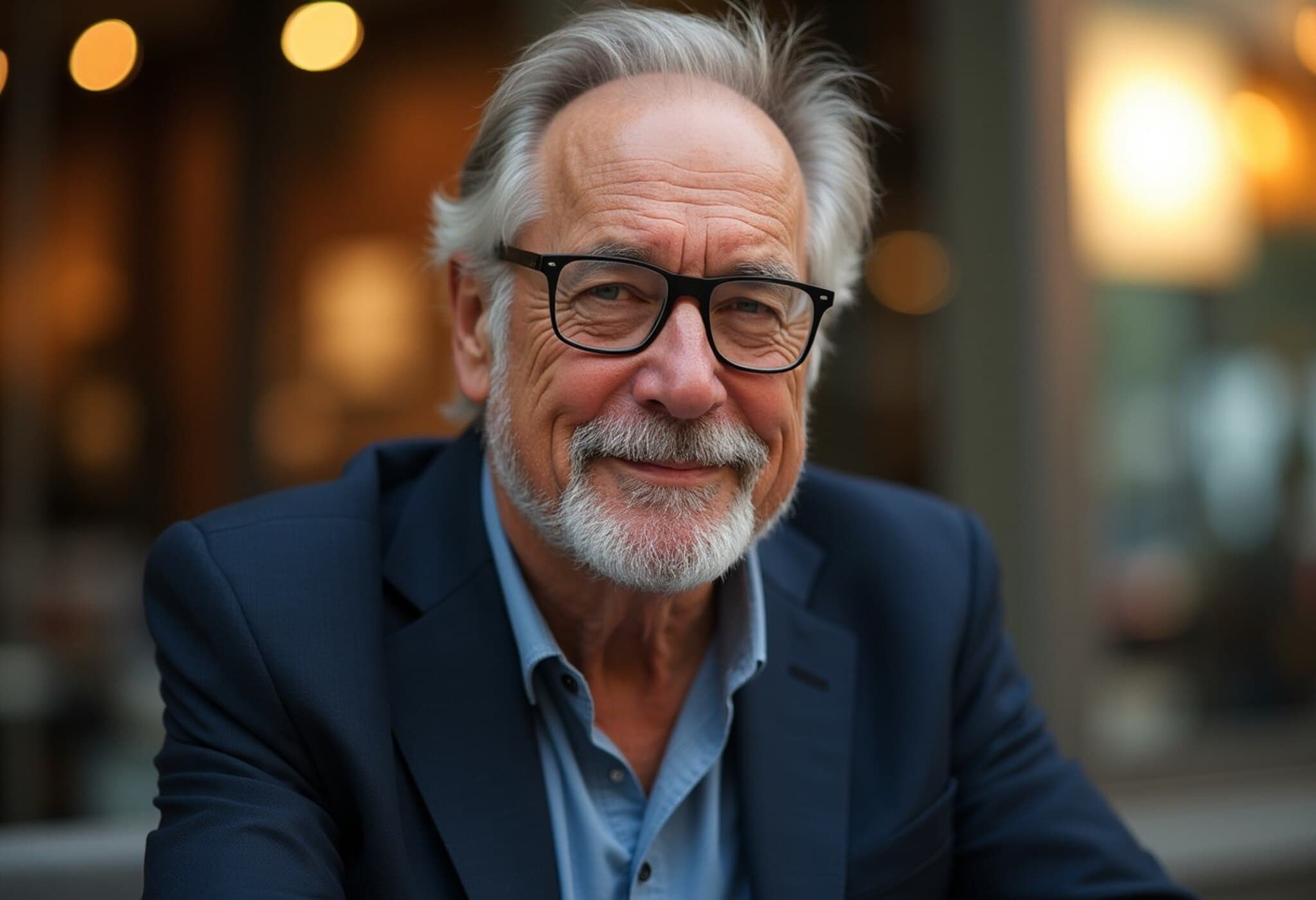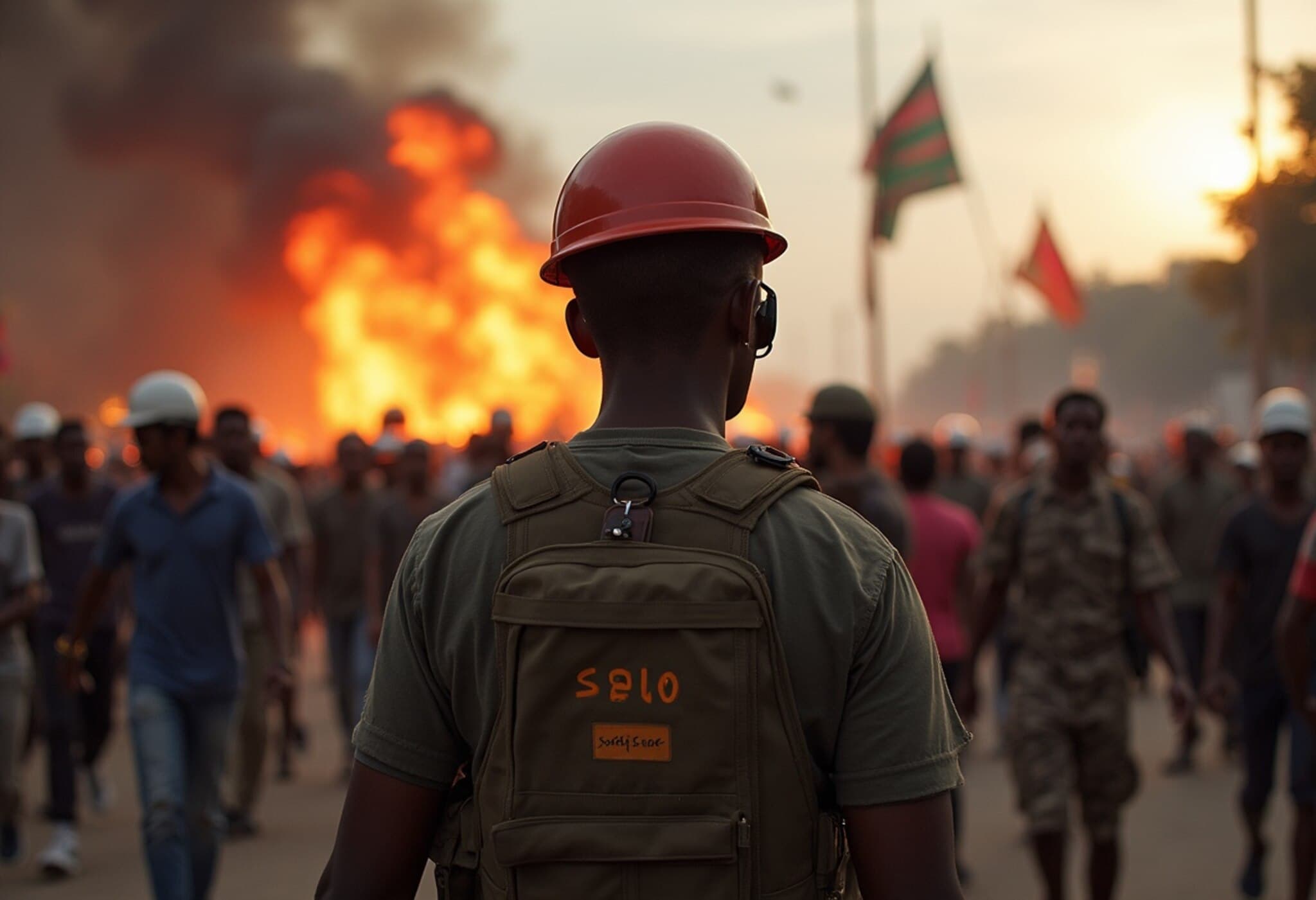Israeli Prime Minister Endorses Donald Trump for Prestigious Peace Award
In a significant diplomatic gesture, Israeli Prime Minister Benjamin Netanyahu publicly announced that he has nominated former U.S. President Donald Trump for the Nobel Peace Prize. The announcement came during a high-profile meeting at the White House, underscoring the complex and evolving nature of Middle East diplomacy.
Context Behind the Nomination
Netanyahu’s nomination reflects on the pivotal role Trump is credited with playing in orchestrating the Abraham Accords—historic agreements that normalized relations between Israel and several Arab nations, including the United Arab Emirates and Bahrain. Lauded for breaking decades of diplomatic gridlock, these agreements have been viewed by many analysts as a step toward stability in a region often characterized by conflict.
The Abraham Accords: A New Chapter in Middle East Relations
- Normalization of diplomatic ties between Israel and key Gulf states
- Economic cooperation and strategic alliances enhanced across sectors
- Shared concerns over regional security, particularly about Iran's nuclear ambitions
Experts see these accords as transformative, even if their long-term impact remains to be fully assessed.
Political and Diplomatic Reactions
While Netanyahu’s endorsement highlights strong bilateral ties between Israel and Trump’s administration, the nomination has sparked debate among commentators and global policymakers. Some praise Trump’s unconventional approach to diplomacy, crediting him for tangible achievements in a historically volatile region. Others question whether these accords sufficiently address the broader Israeli-Palestinian conflict, which remains unresolved and central to lasting peace.
American Perspectives and Legal Nuances
From a U.S. policy angle, the nomination raises intriguing questions about the interplay between presidential legacy, international diplomacy, and recognition through awards like the Nobel Peace Prize. Notably, the Nobel committee often weighs not just singular achievements but also the broader impact on global peace and human rights.
Given Trump’s contentious legacy and polarized political standing, this nomination could influence both public discourse and future international relations strategies. Legal experts point out that nominations for the Nobel Peace Prize can come from a wide pool of qualified nominators, but actual recipients are chosen after careful consideration of lasting contributions to peace.
What Lies Ahead?
As Netanyahu and Trump’s diplomacy continues to unfold, observers will keenly watch how these political developments might reshape the Middle East and global peace initiatives. Beyond headlines, the situation invites deeper questions:
- Can the momentum of the Abraham Accords inspire peace beyond state-level agreements?
- What roles do individual leadership and diplomacy play amid complex geopolitical realities?
- How will this nomination affect the Nobel committee’s deliberations in future cycles?
Editor’s Note
This nomination captures more than political theater—it symbolizes the intricate dance of diplomacy where achievements in peacemaking can be both celebrated and contested. For readers looking to understand the broader stakes, it is essential to consider the nomination within the full tapestry of Middle Eastern politics, U.S. foreign policy, and global peace efforts. As the discussion evolves, ongoing scrutiny and dialogue will be vital to appreciating what true progress in peace might look like.

